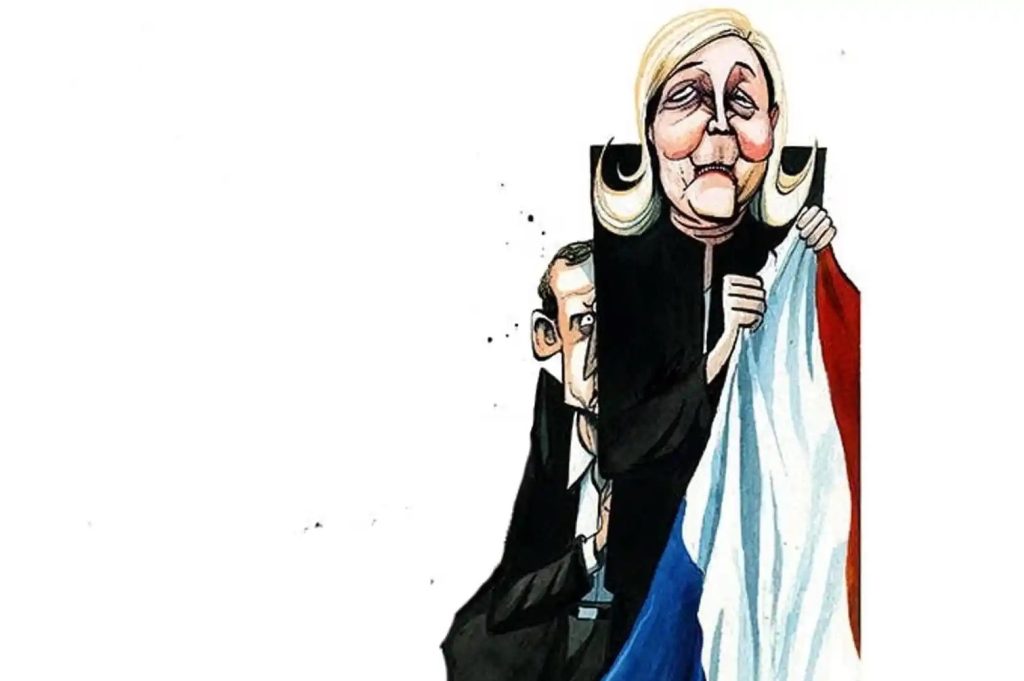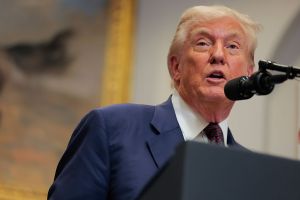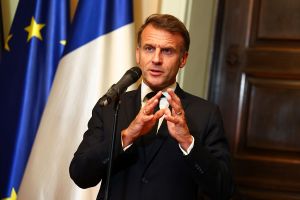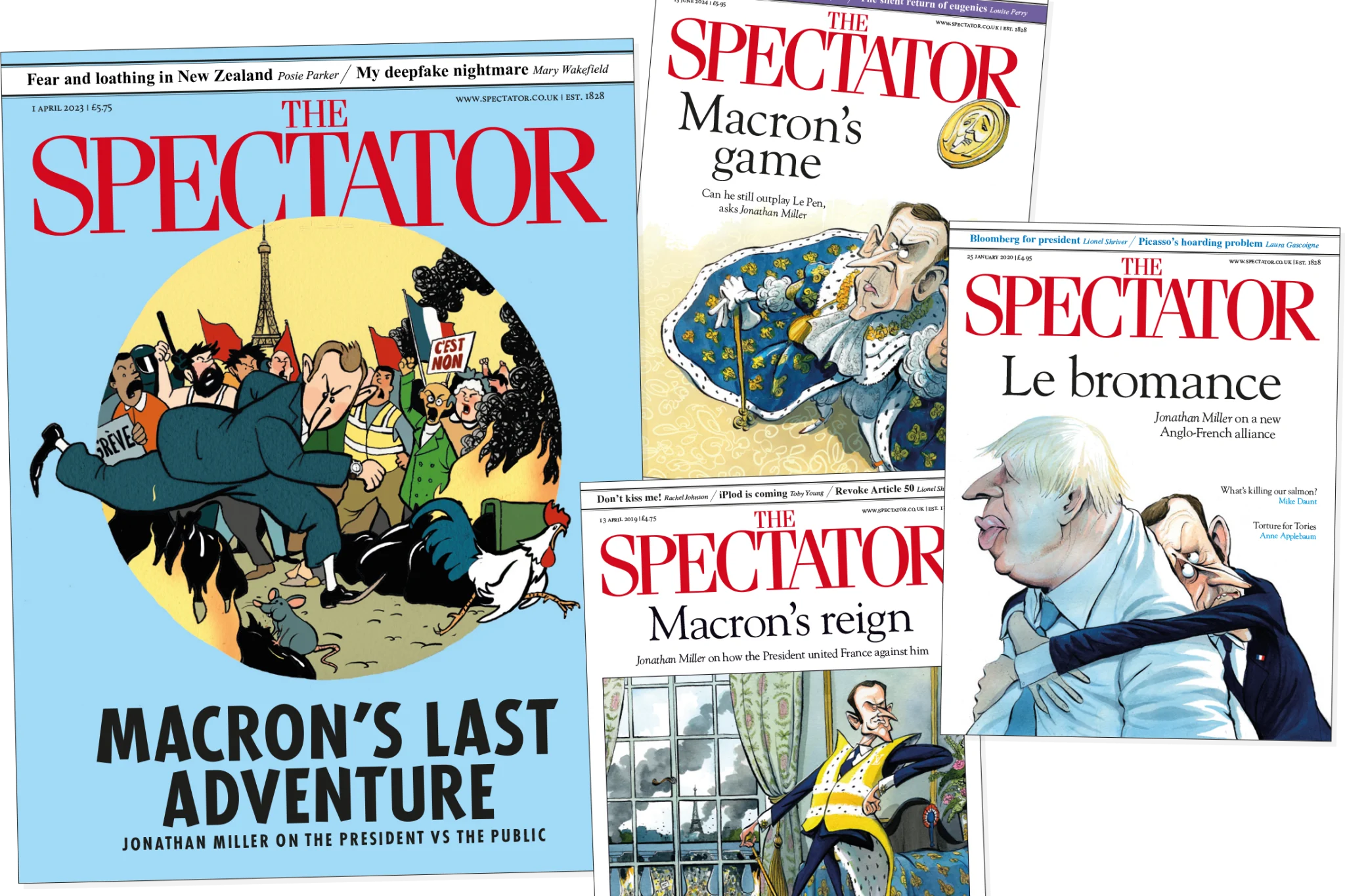The electoral turmoil in France threatens its status as a world power. Friendly nations are despairing; rivals and enemies are gloating, even circling.
France is the world’s seventh-largest economic power, a prominent NATO member, a member of the UN Security Council and the EU’s leader on foreign and defense issues. It has the fifth largest strategic nuclear force and the fifth largest navy, a “tier one” military and one of the highly effective “Nine Eyes” intelligence services.
Last year France was the world’s second largest arms exporter. It controls the third largest global undersea cables network and has the second largest coastal economic area, whose confetti territories give it a global strategic toe-hold. Her “France-Afrique” presence has shrunk under Emmanuel Macron, but the Francophone commonwealth of nations secures UN votes. Strategic assets of this magnitude aren’t easily equalled.
France’s political plight invites Moscow to go further and test the resolve of the French military
Macron’s presidency has been woeful internationally, with its unpredictable and vainglorious posturing. But his most egregious decision was to dissolve the National Assembly last month. It may put France into a domestic fog for three years, risking exposing international vulnerabilities and threatening precious assets.
France’s executive functions smoothly when the prime minister and president are of the same political complexion. Only then are foreign and defense policy a presidential “reserved domain.” However, a determined National Rally government, led by Marine Le Pen, in “cohabitation” with a hostile president, will limit an active international role.
This sends awkward messages to allies and delights adversaries. Only last week Le Pen insisted the president’s role as commander–in-chief of the armed forces was “honorific,” because in “cohabitation” a National Rally prime minister would control the purse strings. She concluded President Macron would be unable to send troops to Ukraine without the premier’s agreement. “Cohabitation” requires joint signatures on various international issues; deadlock looms.
A National Rally “cohabitation” will see the prime minister and president battling over senior appointments, from ambassadors to military chiefs. This week Macron stole a march on an incoming administration by filling key posts, to the dismay of Le Pen.
The post-electoral prospect of radical left and populist right dominating the National Assembly has other implications. The chamber has the right to be consulted in the event of troop deployments abroad; its members are also represented on parliamentary foreign and defense affairs committees. Geopolitics was absent from the election campaign, but it’s clear “cohabitation” between a centrist internationalist president and a national populist prime minister will break with the Gaullo–Mitterrandian consensus.
The National Rally’s foreign and defense literature for the 2022 presidential race (since removed from its website) favored reorienting France’s focus from the EU to a broader, independent world role. It saw France withdrawing from NATO’s integrated command, improving relations with Russia, terminating transfer of defense sovereignty to Brussels and ceasing structural joint defense projects with Germany. Curiously, it called for a “new phase of dialogue on the entente cordiale with the British” after AUKUS, with the prospect of the (likely) incoming foreign secretary, David Lammy, sitting round the table with Le Pen.
The day after the French elections, the Kremlin’s spokesman cryptically announced that Russia was following “the French elections very closely.” Ever since Macron sought to ingratiate himself with Vladimir Putin by invitations to Versailles and the Cote d’Azur, followed by tergiversations over aid for Ukraine and exhortations for the West not to humiliate him, Putin has viewed France as a weak link in the western bloc.
Add to the National Rally and the radical France Unbowed Party’s ambiguity over Russia and Ukraine, their anti-Americanism and suspicion of NATO, and one understands why France’s presence in Sahelian Africa was targeted. France’s political plight invites Moscow to test the resolve of the French military stationed on the Russo-Estonian border, near where a Russian spy plane was intercepted by French Mirage jets earlier this year.
Recent independence-inspired rioting in France’s South Pacific territory of New Caledonia excited more subtle Chinese interest. The north, inhabited principally by the indigenous Kanaks, has 30 percent of the world’s nickel deposits. Beijing recently made overtures to Kanak groups to exploit them, which French authorities thwarted. The island remains a tinderbox, nonetheless. Rumors swirl of the north unilaterally declaring independence and then inviting in the Chinese. Given Macron’s reckless statement last year that France would stay above the fray if China invades Taiwan, the chances of a French minority government mounting a Falklands-like expedition are fanciful.
France, like Britain, plays a significant military role in the Indo-Pacific through carrier and nuclear submarine patrols, working alongside Japan, South Korea and Australia. But a post-electoral France hamstrung by a divided executive or political paralysis presents opportunities for authoritarian regimes in Pyongyang and Beijing to test French mettle with provocative acts.
Three years of French domestic political turmoil will distract from, delay and dissipate France’s ability to perform its international role at a time of significant global tension. Worse still, it presents opportunities for the West’s rivals and foes to take advantage of an important ally whose vulnerability is on worldwide display.
This article was originally published in The Spectator’s UK magazine. Subscribe to the World edition here.


























Leave a Reply